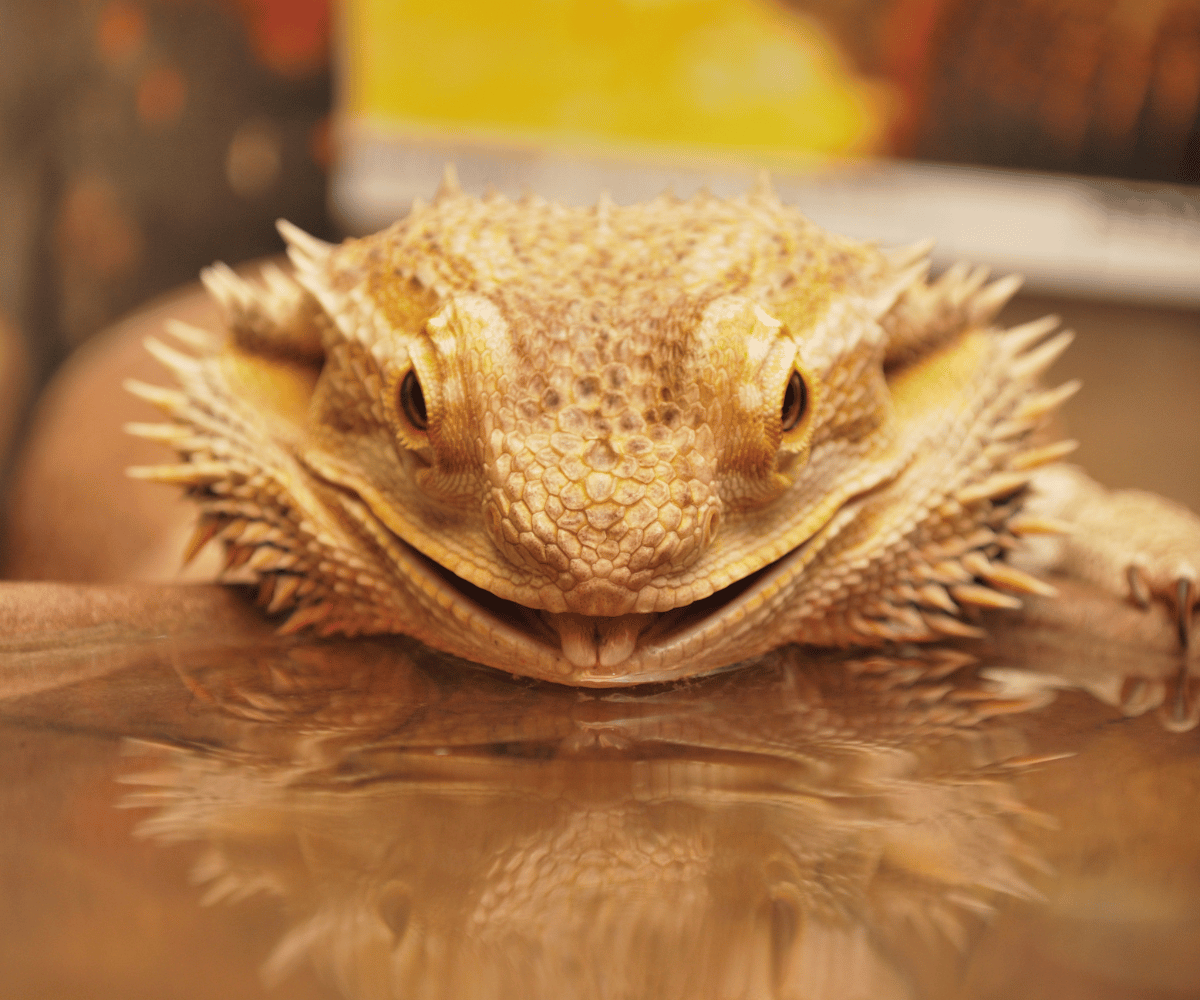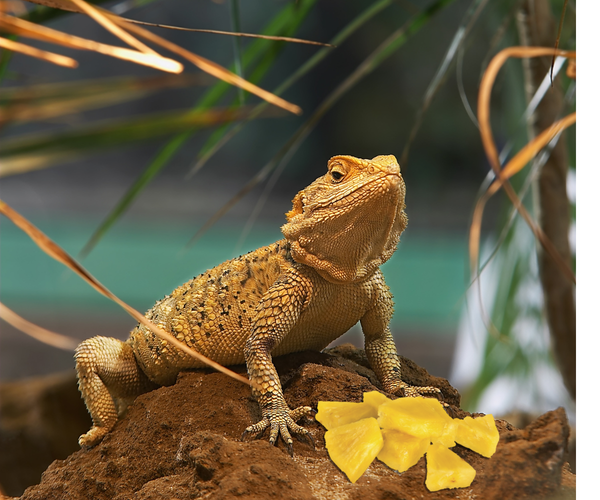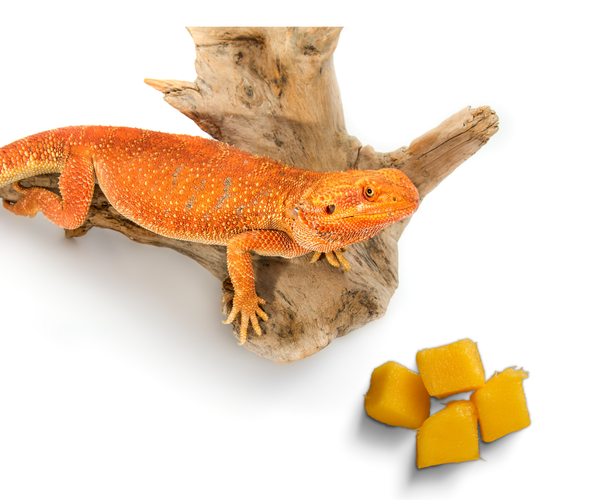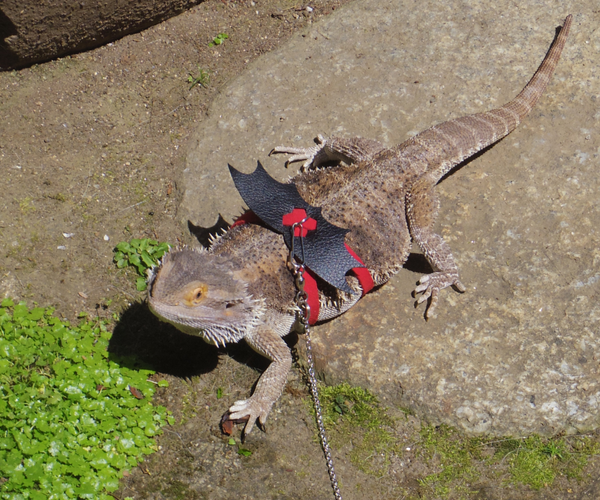Do Bearded Dragons Drink Water?
Understanding the hydration habits of your scaly friend

Key Takeaways:
- Bearded dragons do drink water, but their hydration methods can vary.
- Providing clean, fresh water and maintaining proper humidity are crucial for their health.
- Observing your bearded dragon's behavior can help ensure they are adequately hydrated.
Bearded dragons, the charismatic reptiles from the deserts of Australia, have become beloved pets in many households. Their unique behaviors and expressive personalities make them fascinating companions. But when it comes to their care, a common question arises: Do bearded dragons drink water? The answer is yes, but their approach to hydration might differ from what you'd expect. Let's dive into the world of bearded dragons and their drinking habits.
Understanding Bearded Dragon Hydration
Bearded dragons originate from arid environments where water is scarce. As a result, they have evolved to maximize their water intake efficiently. In captivity, they still retain these instincts, which can influence their drinking behavior. Owners need to provide a consistent source of water, even if they don't always see their pet drinking in the traditional sense.
The Signs of Thirst in Bearded Dragons
Recognizing when a bearded dragon is thirsty is essential for their well-being. Signs of dehydration include sunken eyes, lethargy, and a loss of skin elasticity. If you notice these symptoms, it's crucial to assess your bearded dragon's environment and ensure they have access to water. Sometimes, subtle changes in their habitat can make a big difference in their hydration levels.
Water Bowls: The Traditional Approach
A shallow water bowl is a straightforward way to offer water to your bearded dragon. The bowl should be large enough for them to climb in if they wish but shallow enough to prevent drowning. It's important to change the water daily and clean the bowl regularly to prevent the growth of bacteria.
Mist and Soak: Alternative Hydration Methods
In addition to drinking from a bowl, bearded dragons can absorb water through their skin. Misting your bearded dragon with water can help keep them hydrated, especially during shedding. Soaking them in a shallow bath once a week can also promote hydration and aid in the shedding process.
The Role of Diet in Hydration
Bearded dragons can receive a significant amount of their water intake from their diet. Feeding them moisture-rich vegetables and fruits can contribute to their overall hydration. However, it's essential to balance their diet correctly, as some foods can be too high in water content and lead to health issues.
Monitoring Humidity Levels
The humidity level in your bearded dragon's enclosure can impact their hydration. Too low humidity can lead to dehydration, while too high can cause respiratory problems. Investing in a reliable hygrometer to monitor the humidity is a wise decision for any bearded dragon owner.
Recognizing Overhydration
While dehydration is a concern, overhydration can also be problematic for bearded dragons. Symptoms of overhydration include swelling, diarrhea, and difficulty breathing. It's important to strike a balance and avoid over-misting or providing too much water-rich food.
Health Implications of Improper Hydration
Chronic dehydration can lead to serious health issues for bearded dragons, including kidney failure and gout. Conversely, overhydration can disrupt their electrolyte balance and cause other health complications. Understanding the signs of both conditions can help you take prompt action to correct them.
Creating a Hydration Schedule
Establishing a routine for offering water and monitoring your bearded dragon's hydration can help maintain their health. This includes regular checks of their water bowl, misting sessions, and dietary assessments. Consistency is key to preventing hydration-related health problems.
Observing Your Bearded Dragon's Behavior
Each bearded dragon is unique, and their hydration needs can vary. Observing your pet's behavior and adjusting their environment accordingly is crucial. If you're ever unsure about their hydration status, consulting with a veterinarian who specializes in reptiles is always a good idea.
Summary
Bearded dragons do indeed drink water, but their desert origins have equipped them with unique methods of staying hydrated. As a pet owner, it's your responsibility to provide them with clean water, a balanced diet, and a suitable environment to ensure their health and happiness. By understanding their needs and behaviors, you can help your scaly friend thrive.
FAQ Section
Q: How often should I change my bearded dragon's water? A: You should change your bearded dragon's water daily to ensure it's fresh and clean. Regular cleaning of the water bowl is also necessary to prevent bacterial growth.
Q: Can bearded dragons get enough water from their food alone? A: While bearded dragons can get a significant amount of water from their diet, especially from moisture-rich vegetables and fruits, they still need access to fresh water to ensure proper hydration.
Q: What is the best way to monitor my bearded dragon's hydration? A: Monitor your bearded dragon's skin elasticity, eye appearance, and activity levels for signs of dehydration. Additionally, keeping an eye on the humidity levels in their enclosure and establishing a hydration schedule can help maintain their hydration levels. If in doubt, consult with a reptile veterinarian.




